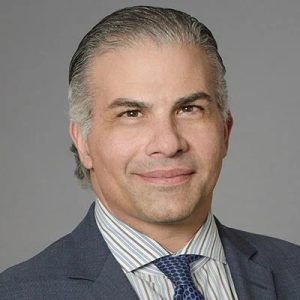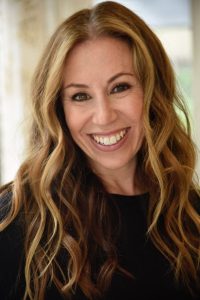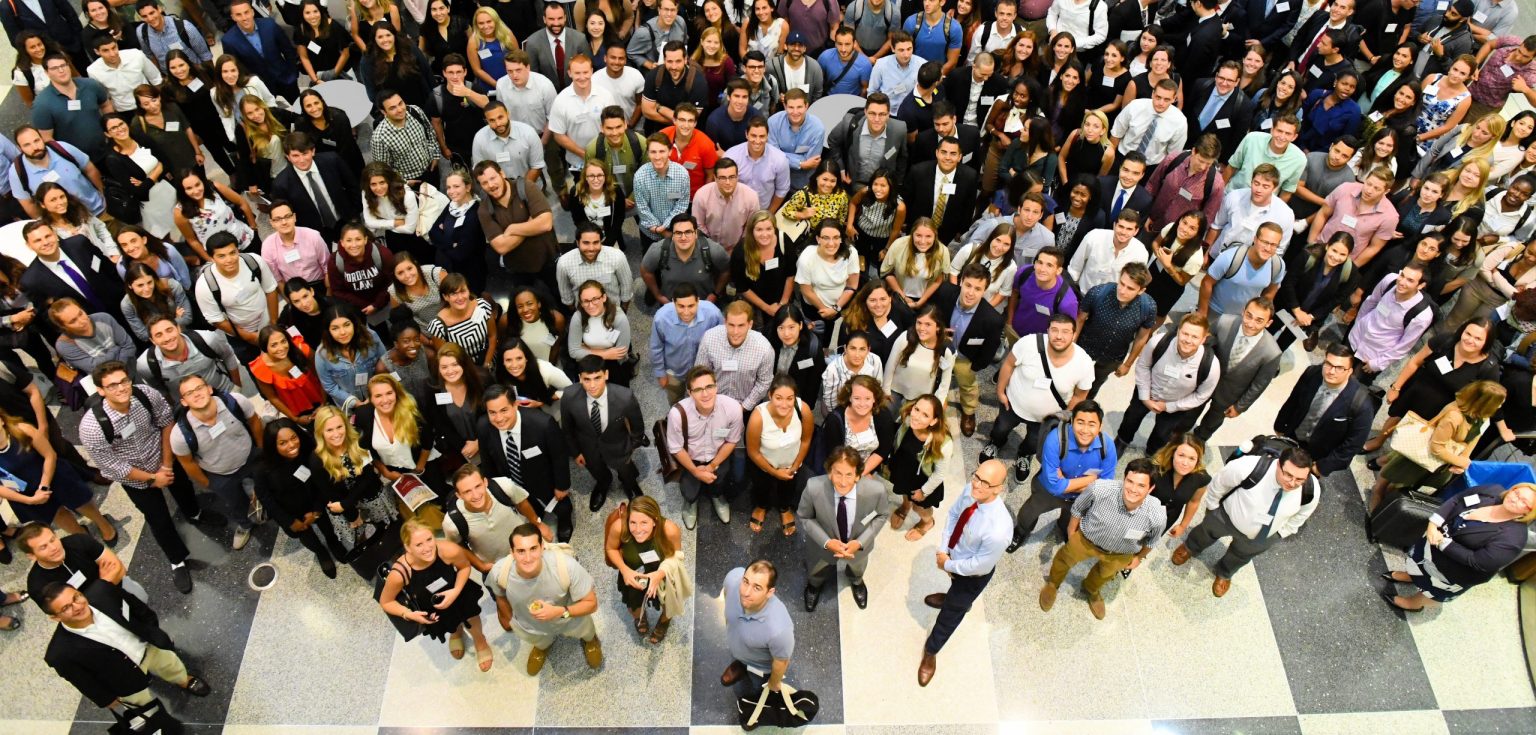His reasons stem from challenges family members have faced, and from his own experience as a first-year Fordham Law student whose vague worries about fitting in were quickly put to rest.

“I immediately had a feeling of belonging and felt a lot of support there,” rather than feeling like “the odd person out” as someone who came from a working-class family and was a first-generation law student, said Torrente, a senior partner with the law firm Kirkland & Ellis in New York.
Cultivating that sense of belonging is one aim of recent law school initiatives such as IDEAL, or Increasing Diversity in Education and the Law, founded in 2019 to help New York City college students from underrepresented backgrounds learn about careers in law. Torrente gave in support of IDEAL before the law school’s new diversity effort got his attention.
Supporting Students, Unleashing Potential
The number of Fordham Law students that report some kind of learning difference has steadily increased during the past decade. The differences range from physical ailments to sensory issues, cognitive or psychiatric challenges, and ADHD. An initiative under development, Empowering Every Mind, is aimed at helping them thrive at Fordham Law and as leaders in the profession.
“As law schools increasingly think about the importance of professionalism and leadership skills, I’m delighted that Fordham Law is squarely focused on supporting our neurodiverse students in ways that will help them realize their full potential as future lawyers and leaders,” said Joseph Landau, associate dean for academic affairs at Fordham Law, noting that these differences can be sources of professional strength.

Torrente and his wife, Jill Torrente, had seen this in a few close family members who have had to navigate learning differences, ADHD, or physical ailments while working to live up to their full potential by capitalizing on their strengths and tackling their challenges. In fact, these experiences were among the reasons that inspired Jill to go to graduate school and earn her master’s degree in social work from Fordham’s Graduate School of Social Service. “So when this initiative came up … it made a lot of sense for me and my wife to support it,” he said.
He noted that Kirkland and other law firms are striving to be accommodating to lawyers with learning differences. For example, Kirkland offers professional networks, mentoring, and other resources to support all attorneys in their professional growth.
“For me, this just is another dimension of making people feel like they belong, and enabling them to voice how they feel, and also make them feel comfortable being vulnerable,” Torrente said. “It opens the door for more candid conversations.”
Diversity, equity, and inclusion are key priorities of Fordham’s $350 million fundraising campaign, Cura Personalis | For Every Fordham Student. Learn more and make a gift.

